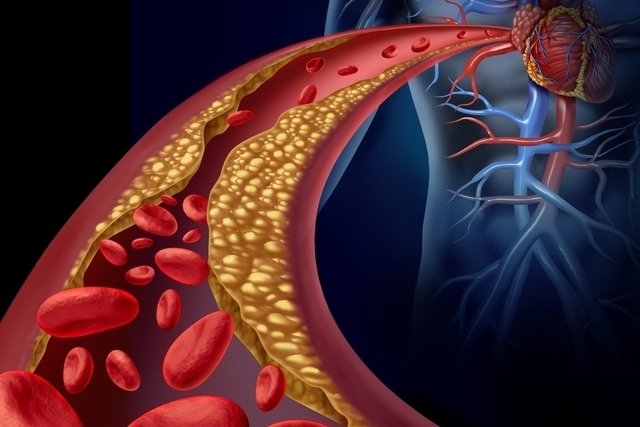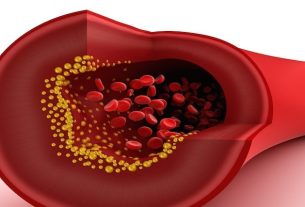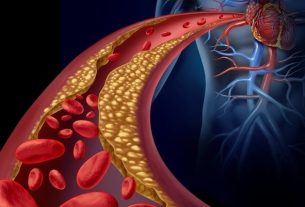Knowing the levels of cholesterol and triglycerides circulating in the blood is important to assess heart health, because in most cases where changes are observed, there may be a greater risk of developing heart-related diseases, such as heart attack and atherosclerosis, for example.
Enter the cholesterol values that appear in your blood test into the calculator below and see if your cholesterol is good:
How is cholesterol calculated?
In general, when taking a blood test to evaluate the lipid profile, the result indicates that the cholesterol value was obtained through some laboratory technique. However, in some cases not all values released in the exam were obtained using a laboratory technique, but rather calculated using the following formula: total cholesterol = HDL cholesterol + non-HDL cholesterol, where non-HDL cholesterol HDL corresponds to LDL+VLDL.
Furthermore, when VLDL values are not available, it is also possible to calculate it using the Friedewald formula, which takes triglyceride values into account. Thus, according to Friedewald’s formula, VLDL = triglyceride/5. However, not all laboratories use this formula, and results may vary.
What is cholesterol?
Cholesterol is a type of fat present in the body that is essential for the proper functioning of the body, as it is important in the process of producing hormones, vitamin D and bile, which is a substance stored in the gallbladder and helps to digest fats. .
Furthermore, cholesterol is also part of the cell membrane and is important for the metabolism of some vitamins, especially vitamins A, D, E and K.
Read too: Cholesterol: what it is, types, values (and how to lower it)
What are the types?
According to its characteristics, cholesterol can be classified into three types:
- Colesterol HDLalso known as good cholesterol, is produced by the body and is responsible for protecting the heart and, therefore, it is important that its levels are always high;
- Colesterol LDLalso known as bad cholesterol, is more easily deposited on the vessel walls, making it difficult for blood to pass through and increasing the risk of heart disease;
- Colesterol VLDLwhich is responsible for the transport of triglycerides in the body.
During the exam, it is important to pay attention to all these values and the result of total cholesterol and triglyceride levels, as this will make it possible to know if there is any change and if it is necessary to start some type of treatment. Learn more about the types of cholesterol.
Is having high cholesterol always bad?
It depends on the type of cholesterol that is increased. In the case of HDL, it is important that the values are always high, as this cholesterol is important for maintaining heart health, as it works by removing fat molecules that can accumulate in the blood and be deposited in the arteries.
On the other hand, when it comes to LDL, it is recommended that this cholesterol be in less quantity in the blood, as it is this type of cholesterol that is deposited more easily in the arteries, which can lead to the formation of plaques and interfere with the passage of blood, which increases the risk of heart diseases, such as atherosclerosis and heart attack, for example.
Bibliography
- CORDOVA, Caio Mauricio M.; PORTAL, Ariane S.; CORDOVA, Maurício. Martin, Friedewald and Cordova formulas compared with direct LDL-C measurement in southern Brazil. J Bras Pathol Med Lab. Vol 56. 1-6, 2020
-
Referring to: “Cholesterol Index Calculator”:
- BRAZILIAN SOCIETY OF CARDIOLOGY. Update of the Brazilian Guideline on Dyslipidemia and Prevention of Atherosclerosis. 2017. Available at: <https://www.scielo.br/pdf/abc/v109n2s1/0066-782X-abc-109-02-s1-0001.pdf>. Accessed on September 15, 2020

Sign up for our newsletter and stay up to date with exclusive news
that can transform your routine!
Warning: Undefined array key "title" in /home/storelat/public_html/wp-content/plugins/link-whisper-premium/templates/frontend/related-posts.php on line 12
Warning: Undefined array key "title_tag" in /home/storelat/public_html/wp-content/plugins/link-whisper-premium/templates/frontend/related-posts.php on line 13




